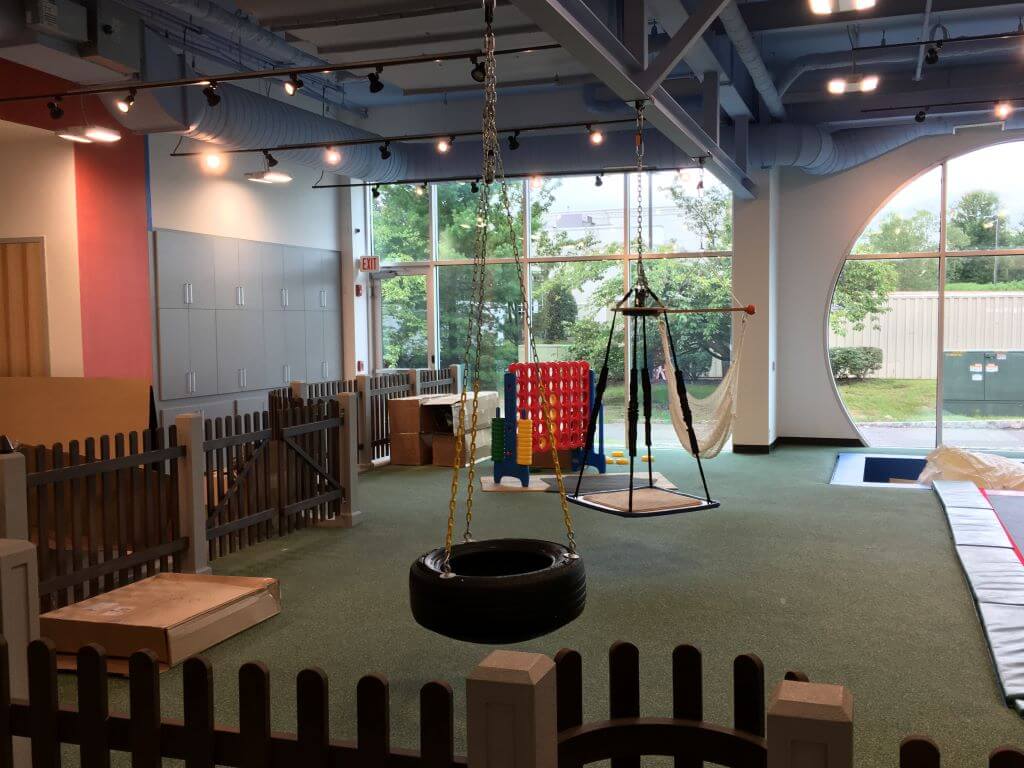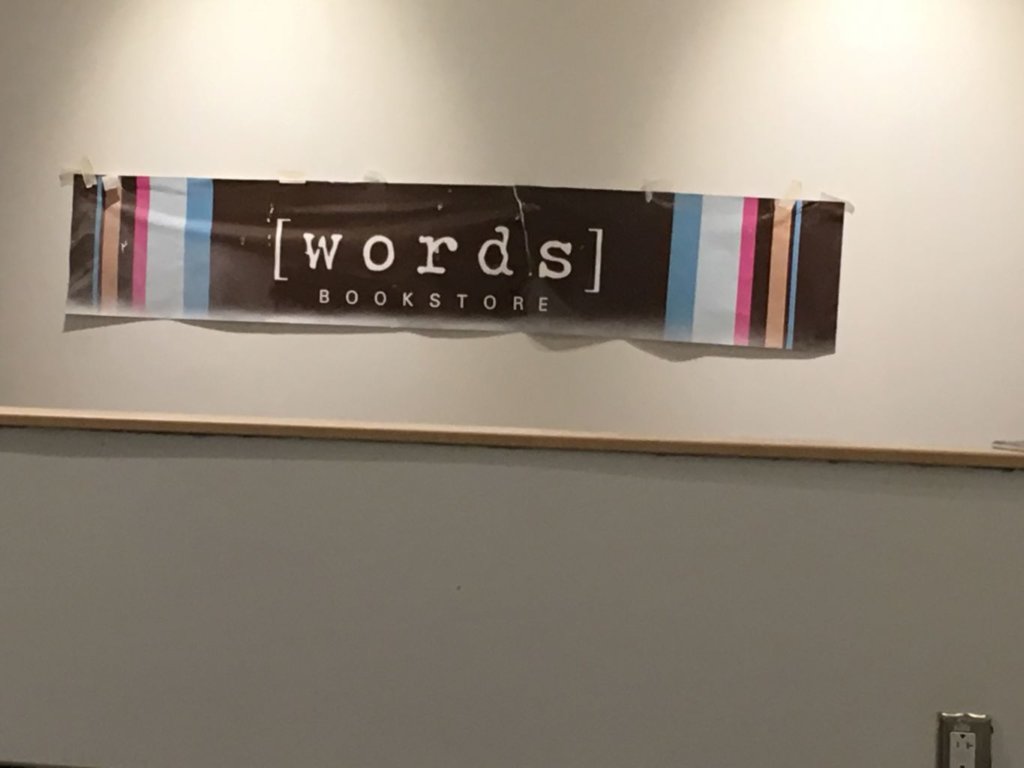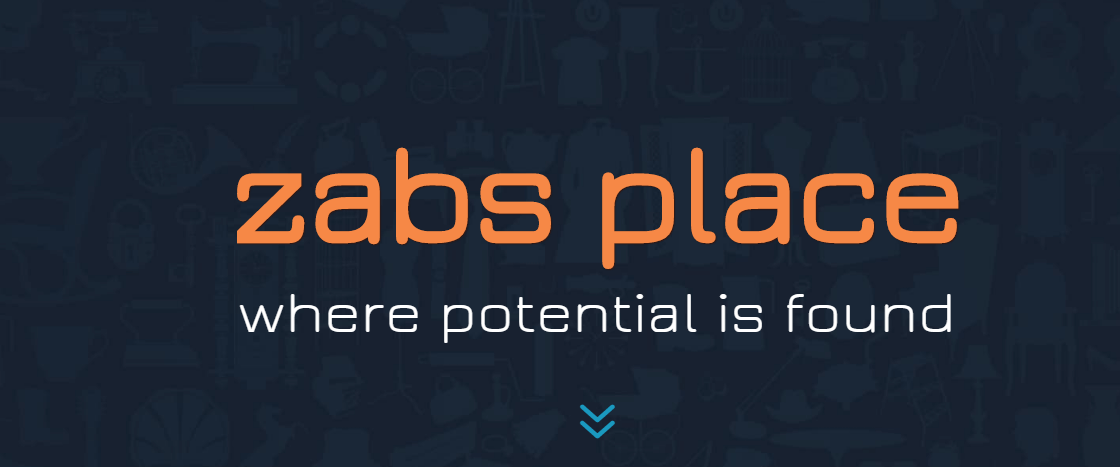Flex service, environmentally sustainable, car wash employing 40 people, doing exterior and interior cleaning. Gleam is a woman-owned social enterprise which goes out of its way to hire people with cognitive impairments; on balance, since opening in 2016, approximately 20% of Gleam’s staff are on the autism spectrum.
SHANGA (Located at Elewana Arusha Coffee Lodge)
This may be the most off-the-beaten track, unexpected, unintended creative training program and place of employment for people with disabilities that I have encountered in the world!
LifeTown (Livingston, NJ)
LifeTown
10 Microlab Rd, Livingston, NJ 07039
(973) 251-0200
https://www.lifetown.com/
founder/director: Rabbi Zalman and Toba Grossbaum: Faygie Levy-director of communications
Zalman@fcnj.com
“53,000 square foot complex which provides recreational, educational,
therapeutic and social opportunities for children, teens and adults with disabilities, their families and the larger community. The centerpiece of Life Town, known as the “Life Village,” an 11,000 square foot village, where people with disabilities gain real-world experiences such as withdrawing money from a bank, budgeting, crossing the street, making basic purchases, going to a doctor or dentist, andworking. Some of the many community partners, where participants gain shopping and working experience include ShopRite, RWJ Barnabas Health, Jeff and Charlie’s Pet Shop, Sarah Jane Florals, Team Gear Clothing, Ahuva’s Art and Hobby and Village Copy Center.”
Howard Blas’ Chabad.org article:
https://howardblas.com/2019/08/26/it-takes-a-lifetown-n-j-project-a-model-for-inclusive-community-building/
Background/My Visit:
When I was visiting Soul Café and Soul Center in Detroit, MI as part of this project, my hosts suggested I also visit LifeTown Detroit. I was impressed with the Friendship Circle building upstairs and LifeTown downstairs. When I shared just how impressed I was, I was told, “Just wait—this is nothing! Wait til you see the new LifeTown being built in Livingston, NJ!” I therefore made plans to visit. At the time of the visit, LifeTown was a work in progress—a construction site a few weeks away from completion. Rabbi Grossbaum and Faygie Levy, the director of communications, spent several hours patiently, carefully and enthusiastically explaining every room of the new complex. They noted that New Jersey and this county in particular have (according to the CDC) the highest rates of autism in the country. There has been great enthusiasm for an “all under one roof” multi service center where families can receive therapies, participate in recreational programs, swim, play flag football, attend Shabbatons and family workshops, and learn and practice life and vocational training skills in Village. There is great excitement from nearby schools and school districts as well as from various departments at Rutgers University. All see great potential for collaboration and training. As of December, 2018, the building had received its certificate of occupancy and had begun offering programs and activities on a limited basis. They will gradually move to full operation.
Overview:
A 53,000 square-foot complex in Livingston, New Jersey, known as Life Town which provides recreational, educational, therapeutic and social opportunities for children, teens and adults with disabilities, their families and the larger community.
Grossbaum, CEO and founder, is quick to point out that Life Town was built with an awareness that “New Jersey, especially northern New Jersey, is the epi-center of the autism world. According to the CDC, we have the highest concentration in the US of people with autism.” Grossbaum continues, “The goal of Life Town is to make the world a more welcoming place, integrating people with special needs in to daily life. Life Town is a model for people with special needs and all kids—when they play together on the playground, for example, they naturally come together and don’t notice differences.” Life Town will host all of the Friendship Circle programs, where teen volunteers and people with disabilities regularly participate in inclusive programming.
Perhaps the most striking features of Life Town is its extensive programming and attention to detail. Each room, hallway, program and activity strives to meet the wide range of current and anticipated future needs of the various communities it will serve. Participants will gain valuable social, interpersonal and recreational experience through activities in the aquatic center including a zero-entry pool, giant water table and water-activity room; a therapeutic activity wing, designed to mimic a natural park and beach setting, includes specialized activity rooms, indoor and outdoor playgrounds and more; a sensory wall with panels for engaging and exploring through the various senses; a Snoezelen room offers a controlled multi-sensory, therapeutic environment; a gymnasium for recreational activities and sports leagues, including basketball,volleyball and tennis—even a three lane bowling alley! The gym is equipped with sound-absorbent walls and ceiling enabling individuals with sensory issues to more easily participate in sports. And the 2,500 square foot youth center house the early childhood center, dance and music Studio, and birthday center.
The centerpiece of Life Town, known as the “Life Village,” is a simulated, town square with streets, traffic lights, a park, sidewalks and shops. Participants gain valuable independent living skills as they navigate the 11,000 square foot village. The real-world experiences of the village reinforce classroom skills learned on such topics as budgeting, problem solving and time management.
Participants begin their visit by withdrawing money from Regal Bank. They walk and travel in mini Audi cars (from DCH Millburn Audi) and learn to follow crosswalks and traffic signals. They then have opportunities to visit sometimes hard-to-navigate, sensory overloaded places as a movie theater (free popcorn!), doctor and dental offices, grocery store, pet shop, book store, hair salon and a pet shop. Some of the many community partners include ShopRite, RWJ Barnabas Health, Jeff and Charlie’s Pet Shop, Sarah Jane Florals, Team Gear Clothing, Ahuva’s Art and Hobby and Village Copy Center.
Participants also obtain real-world job training through such in-village work opportunities as stocking shelves in the grocery store, serving snacks, making copies and laundering towels at the Wash and Fold, for use in the aquatic center. Grossbaum proudly points, out, “Every job is a real job with an end purpose (“no packing and unpacking”)-maintenance, office, etc. Parents are welcome to can browse in the Words Bookstore (founded by the parent of a child with autism, with a larger branch in Maplewood), sip a cup of coffee, have a business meeting, or socialize with other parents.
The LifeTown experience extends to the hallways and corridors, where thoughtful planning decisions included providing soothing, interactive music, large windows with natural light, and colorful stripes on the walls and floors, leading participants from the map to a specific room.
Even the colors were chosen in consultant with experts in the field. Grossbaum notes, “The colors are primary but not childish and chosen to not be triggers for people with autism.” Once at a given room, the stripes “come to life” with a decorative design that indicates which activities can be found in that space.
The hallway itself and various alcoves feature many thoughtful, meaningful touches. A living memorial which strives to teach visitors about the bravery, devotion and faith of the 1.2 million children who died during the Holocaust. Visitors can “pledge” to do a mitzvah in memory of a child who was killed. A nearby alphabet wall teaches the alphabet in such languages as Braille, ASL, English, Hebrew and Mandarin and to demonstrate how we all communicate the same message but in different forms and modes of communication.
Friendship Circle and Life Town participants will create a collage made of tiles intended to create a message of hope. They will also create additional interchangeable art displays.
Other special rooms include a parents’ lounge, a volunteer lounge, an easily divided multi- purpose room for classes, lectures, and after-school programs, and a synagogue with a “real Kotel” which, in conjunction with a nearby hotel, will allow Life Town to offer Shabbatons and family educational weekends.
Lessons Learned/Challenges/Advice:
- It is possible to begin making the world a more welcoming place through providing natural experiences for people with and without disabilities to interact.
- Experiences in childhood and early adulthood with disabilities sometimes leads to pursuing careers in such fields as OT, PT and speech and language therapy.
- Provide jobs which are “real” and have an end purpose (“no packing then unpacking”) i.e. maintenance, office work, laundry, making copies.
- It is important to create a sense of community for everyone—participants, siblings, volunteers, parents and the community—offering a wide range of activities and flexible spaces helps achieve this goal.
Zab’s Place and Friendship Circle
Friendship Circle & ZABS Place
100 N Trade St, Matthews, NC 28105
Website: FriendshipCircleNC.org; ZABSPlace.org
Social Media: @FCclt @ZABSPlace
Phone: 704.724.6270
bgroner@friendshipcircle.com; rochel@zabsplace.org
Name of contact/founders: Rochel and Rabbi Bentzion Groner | Executive Director, Friendship Circle & ZABS Place
Article: https://www.chabad.org/news/article_cdo/aid/3756012/jewish/The-Trendy-Boutique-That-Employs-People-With-Special-Needs.htm
Resale boutique in suburb of Charlotte, North Carolina run by people with disabilities and Friendship Circle.
My Visit:
In the summer of 2017, I spent a day and a half at Zab’s Place near Charlotte, NC with Rabbi Bentzion and Rochel Groner, founders of Friendship Circle in Charlotte. They are also founders of Zab’s Place. I wrote the article above for Chabad.org and have re-contacted them in December, 2018 for an update on the program and to ask about challenges and lessons learned.
From Website:
Our Mission: Our goal is to make dreams come true for young adults with special talents. We strive to address the critical shortage of employment opportunities for young adults with special needs by providing jobs with personalized training. With an estimated 66,000 adults with special needs currently living in Mecklenburg County and a national employment rate of 18.7% in 2017, ZABS Place seeks to shift the paradigm by assessing the abilities and skills of individuals and customizing training to harness their special talents.
Our Vision: We envision a community where young adults with special needs can transition from high school to the adult working world with dignity. With the launch of ZABS Place, we see the Charlotte community more able to recognize abilities in others and see past external differences. We foresee special young adults able to capitalize on their strengths, acquire essential job skills, realize their potential, and gain confidence in interacting with their typically developing peers.
ZAB’s Place Updates November 18, 2018)
1. NBC’s Today’s Show came to ZABS Place November 12th, 13th and 14th, filmed the daily happenings at ZABS an interviewed our ZABS Talent. We’re not sure when it will air but we’ll keep you posted!
2. We recently launched a Talent Accelerator Program to help mentor our Young Adults on advancing their skill positions and launching their careers. We’re also stepping up our placement program to help educate local businesses on potentially hiring our graduates.
3. Our Recent Pajama Walk (to make dreams come true for individuals with special needs/talents) hosted an Ability Fair where we invited individuals with special needs from all over our community to display their art and creations and sell them to Pajama Walk Participants.
4. In September ZABS Place was selected as one of four local non-profits to receive 24 hours of Pro Bono Marketing/Branding services by the prestigious LGA Marketing Agency. It’s called Goodstock and a team of 15 marketing professionals helped refresh the ZABS Place branding and helped us create a definitive identity. Here is a brief presentation of what they created for us, as well as a video they created for us as well. On top of all that, they even made a monetary donation!
Lesson’s Learned/Observations:
- Issue of payment for the work is tricky due to concern around losing government benefits if earnings are too high.
- We prefer the term “Special Talents” over “special needs” or “disabilities.”
- There is no set system that works for everyone when it comes with young adults with special talents. Everyone needs his or her own plan. (Example: One person is learning to greet customers and one is learning to NOT greet every single customer (one is very shy and needs help in social aspect; one gets too friendly and needs to learn to say hi one time and that’s it). Each person has his or her own plan which identifies skill areas and areas in need of growth. There is no one size fits all. Each individual is treated as an individual. As they saying goes. If you know 5 individuals with autism, you know 5 individuals with autism (and they are all different!)
- It is important to track progress. We do it through a Talent Accelerator and follow how participants get from Point A to Point B. We don’t just hire for a job and check a box. We want to see the person get form a to b, tracking a goal, and skills they are learning to grow and develop. Each person’s point b is different based on passions, interests, areas they need help in. This is crucial part of any plan to hire people with special talents. One man in our program wants to be a car salesman but his challenge is with actual communicating and asking questions and identifying tasks he needs to to—we are working with him on going for an interview with a mechanical company to work with cars (coaching is on prep for interview)







